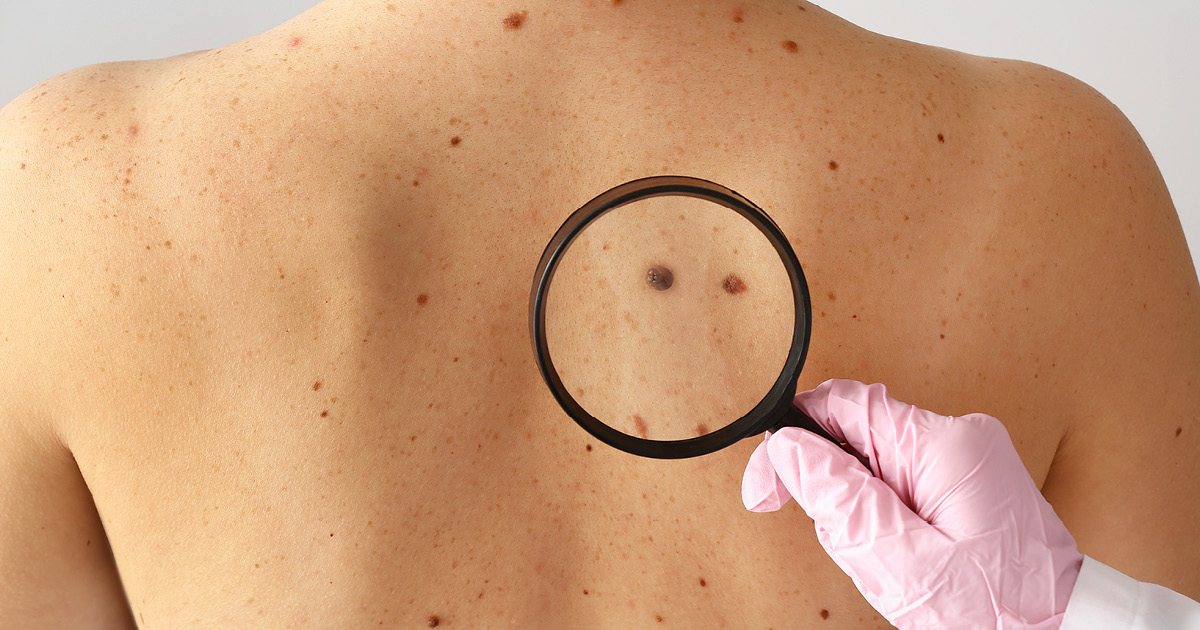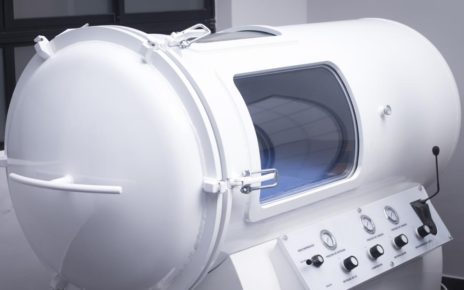Imagine waking up one morning and noticing a strange mark on your skin. It wasn’t there yesterday. Anxiety creeps in. Is it harmless or is it something more sinister? Thankfully, in the realm of comprehensive dermatology, expert professionals work tirelessly to detect and diagnose skin conditions, including skin cancer. The early detection of skin cancer plays a crucial role in its successful treatment – and that’s where dermatologists step in. They are the first line of defense, the vigilant protectors of our largest organ – our skin.
The Crucial Role of Dermatologists
Dermatologists are unsung heroes in the field of medicine. They do more than prescribing creams for acne or conducting cosmetic procedures. Their skills often mean the difference between life and death in the battle against skin cancer. Dermatologists utilize their vast knowledge on skin abnormalities, their sharp eyes trained to detect the subtlest signs of danger. They decipher the language of our skin, interpreting what the discolorations and irregularities are hinting at.
Early Detection is Key
Early detection of skin cancer makes a significant difference. It increases the chances of successful treatment and reduces the risk of complications. But detecting skin cancer early requires regular skin checks – a task we often neglect. Dermatologists encourage their patients to perform regular self-examinations, observing any changes in their skin. They also perform comprehensive skin checks during routine visits, ensuring nothing goes unnoticed.
Tools of the Trade
The tools dermatologists use are as vital as their expertise. They utilize advanced imaging technology, such as dermoscopes, to visualize the skin in detail. These tools let them see beneath the surface of the skin, revealing structures and patterns invisible to the naked eye. This technology is invaluable in the early detection of skin cancer.
The Reality of Skin Cancer
Skin cancer is a silent predator. It can creep up on anyone, regardless of age, gender, or skin type. Some types, like melanoma, are especially notorious for their aggressive nature and potential to spread to other organs. Despite these risks, many people remain unaware of the importance of regular skin checks and early detection.
The Need for Knowledge
Knowledge is power, especially when it comes to our health. Knowing how to detect early signs of skin cancer and when to seek professional help can be life-saving. Dermatologists play a pivotal role in educating the public about skin cancer. They ensure we understand the seriousness of the condition and our integral role in early detection.
Conclusion
Our skin communicates with us, hinting at potential problems through changes in color, texture, or the sudden appearance of marks. Dermatologists are those who understand this language, guiding us towards early detection and treatment of skin cancer. The realm of comprehensive dermatology is vast and essential, and we owe much to the professionals who dedicate their lives to protecting our skin.





